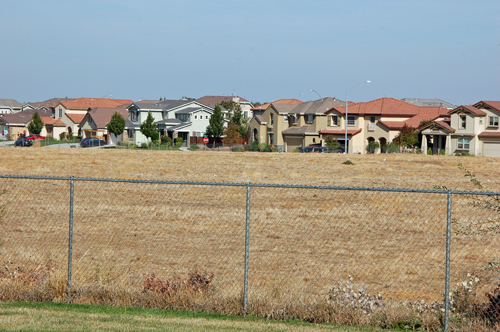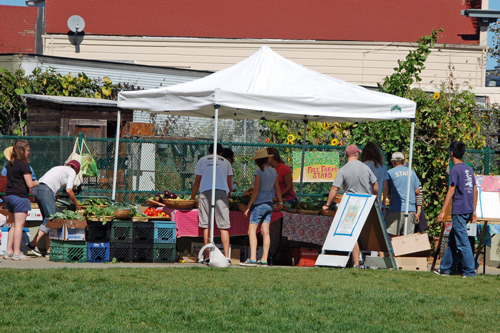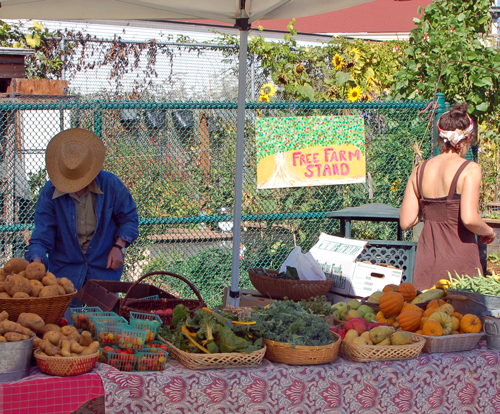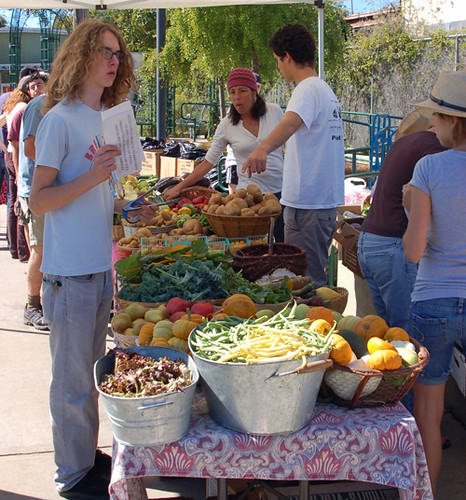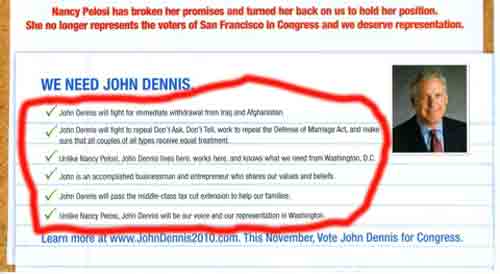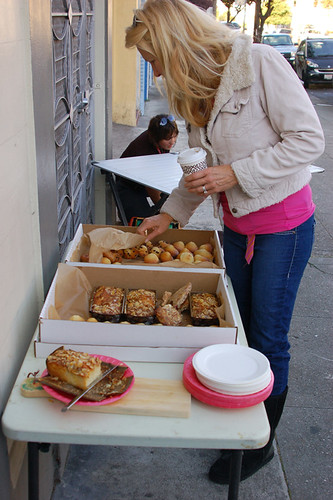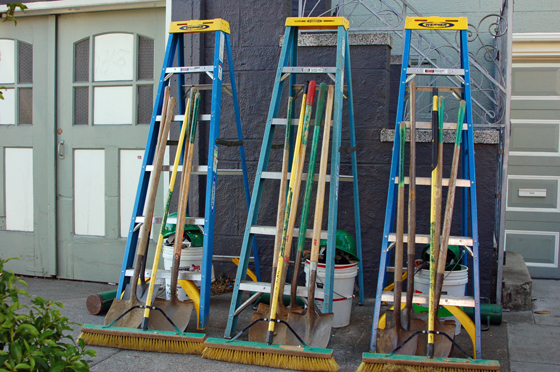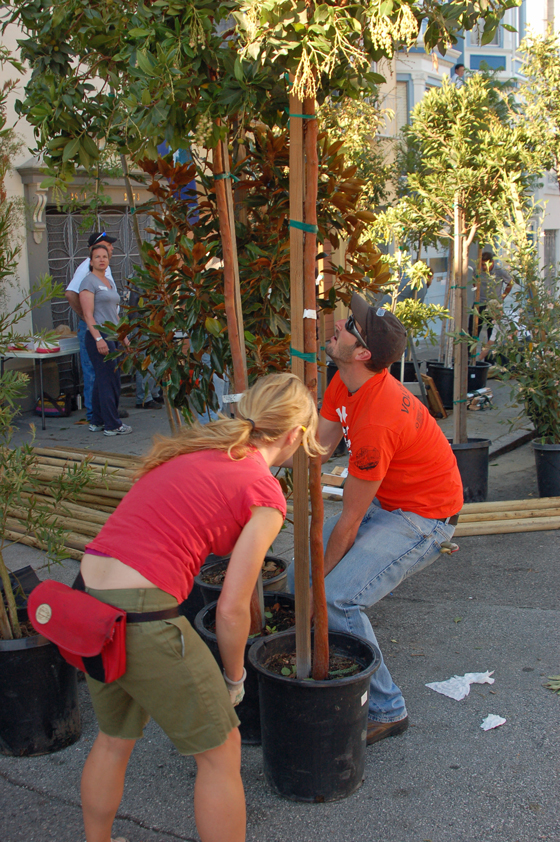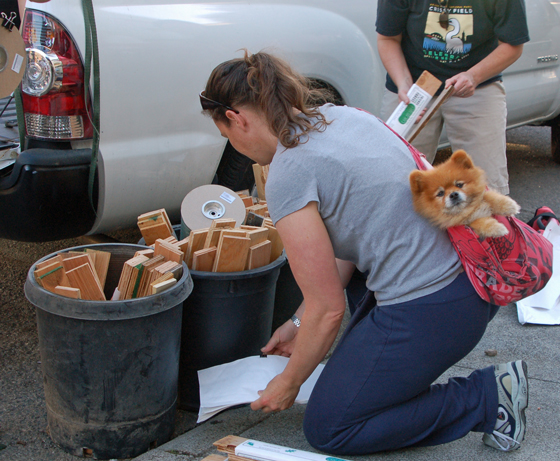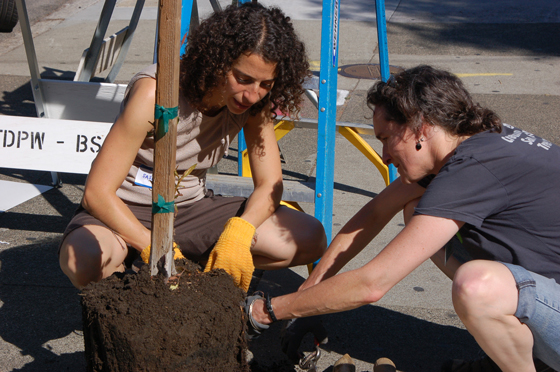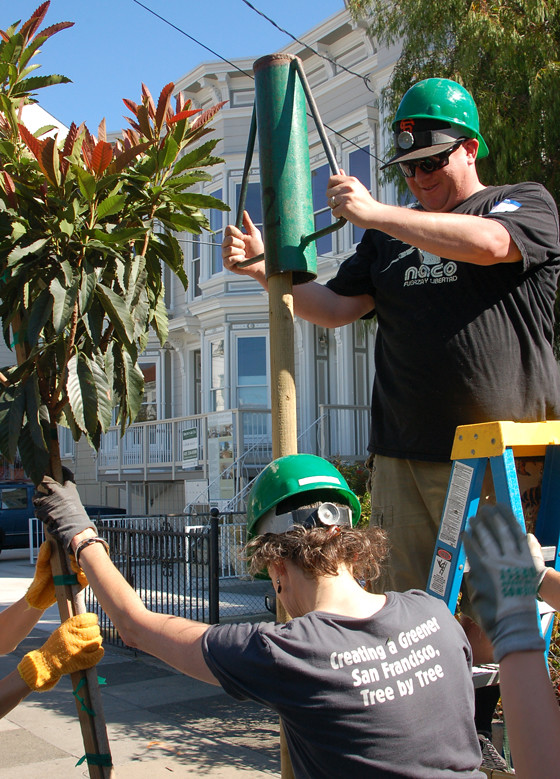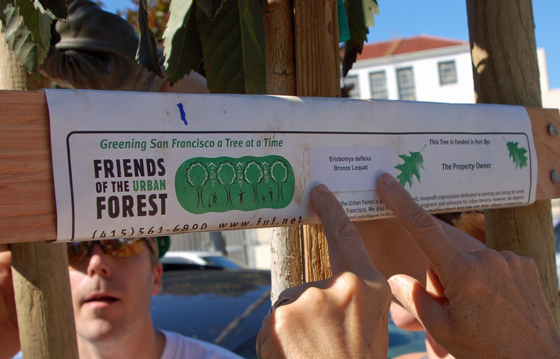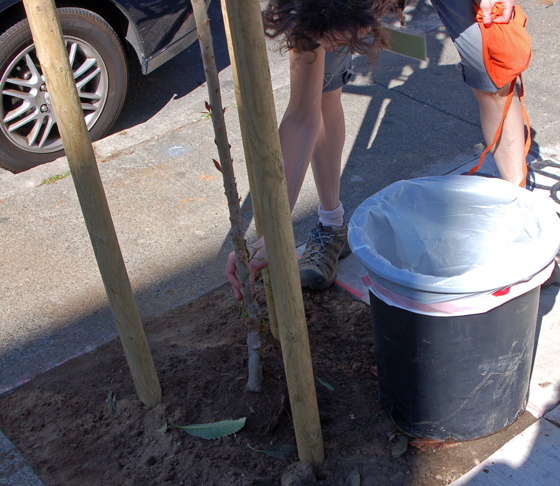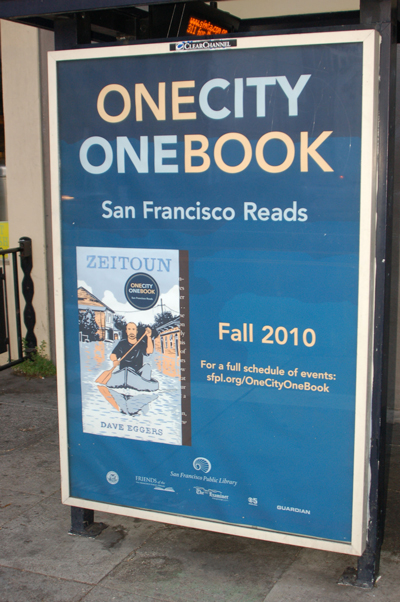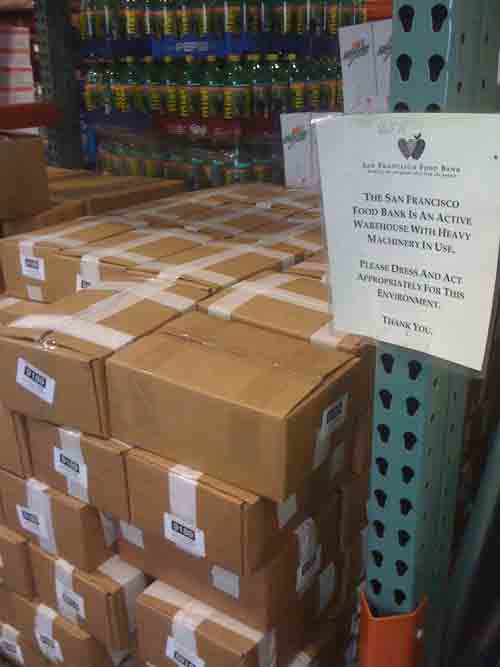Voters in San Francisco have a chance to enact a minor reform that just might make the city a little more democratic (small "d") and a little more responsive to its residents.
We elect our Board of Education. This may or may not be a good thing. Too many politicians with little commitment to the intricacies of education use the Board as a stepping stone to higher office. That's not fair to students, parents and teachers. On the other hand, cities that have fled elected school board structures, usually to centralize school governance through the mayor's office, can see voter revolts against school changes implemented without parent buy-in. When people think some bureaucrat is dicking around with their neighborhood institution and their kids, passions flow. Washington DC just saw an incumbent mayor bounced for supporting school changes that looked like arrogant meddling to the neighborhoods.

Trouble is, as in most big cities, a huge fraction of our public school parents -- the people for whom school policy is most meaningful -- can't even vote in Board of Ed elections. They are immigrants, often permanent non-citizen legal residents, years away from citizenship.
So Prop. D on the November ballot would allow non-citizen parents of current public school children to vote in Board of Education elections.This is not as radical a reform as it might sound. The Supreme Court has upheld such arrangements in other areas. Localities get to set their own rules about eligibility for their own offices.
When I first looked into this a decade and a half ago, there was a clear pattern to which jurisdictions allowed non-citizen school election voting: they were clustered in the suburbs of Washington DC in places like Takoma Park and Chevy Chase, MD. Perhaps these towns had a lot of residents from overseas who were in Washington to act as diplomats or experts -- who were members of that class of parents who expect some say in their children's education. In any case, it seemed to work and even was not very controversial. In some circumstances, non-citizen voting in education elections has also been allowed in New York City (until the current mayor dumped the school board altogether) and in Chicago.
So what are the chances of passing Prop. D this November? All the city supervisors ("council members" they'd be called most places) support it except the two most conservative. The opposition arguments speak of excess costs, always the last recourse against popular initiatives. (When pretty much the only thing you hear about a ballot measure is that "it costs too much," you can usually suspect that focus groups have convinced opponents they lose if they argue on the merits.) The proposed mechanics are interesting:
Because noncitizens only would be allowed to vote in the school board election, city election officials will have to develop special procedures before the November 2012 vote. The most likely solution will be to have noncitizens register through the school board and vote only by mail, said John Arntz, the city's election director.
San Francisco Chronicle, Sept. 30, 2010
Our San Francisco elections department is famously inefficient, but they might be able to manage that.
The measure is a second try. Voters turned down a similar initiative in 2004 by a tiny margin of 51 percent.
I cannot believe that very many non-citizen public school parents would actually avail themselves of the opportunity to vote, though I might be proved wrong. It's notoriously hard to get over-worked, usually under-paid, low English-proficiency people to the polls in any election.
I support Prop. D because I think it is a small move in a good direction that has important antecedents in our history. Until 1926, it was commonplace and accepted that newcomers to the United States would vote. City politicians and their machines had a tremendous incentive to get immigrants on the rolls because at the state level they were in a tussle for resources with rural areas. Some of the highest levels of voter participation this country has ever seen were in cities in the 1890s at the height of immigration from southern and eastern Europe.
Just as today, that wave of newcomers appeared threatening to people only slightly up the economic ladder from them. Their arrival raised anxieties about whether these foreigners -- these Catholics, these Jews, these people whose languages didn't even use a recognizable alphabet -- would ever assimilate into white, Anglo-Saxon, Protestant culture. (They did and didn't and they changed us both less and more than people of the day feared.) The 1920s saw a nativist panic that led to laws restricting immigration (to those considered "white") and to conferring voting rights through a protracted, complicated citizenship process. The thrilling sense that coming to this country meant breathing free, new air and participating in a democratic society partially dissipated into a bureaucratic morass.
Allowing voting on vital matters that concern their (mostly citizen) children is a great way to bring non-citizens already here into a lively democratic participation in the country they live in. That's why I like it; I think it is fair to say that is also why many opponents hate it: they don't want these people here, period. But immigration isn't going to stop, so figuring out how to bring people inside in a healthy way is essential to all of our well-being.

